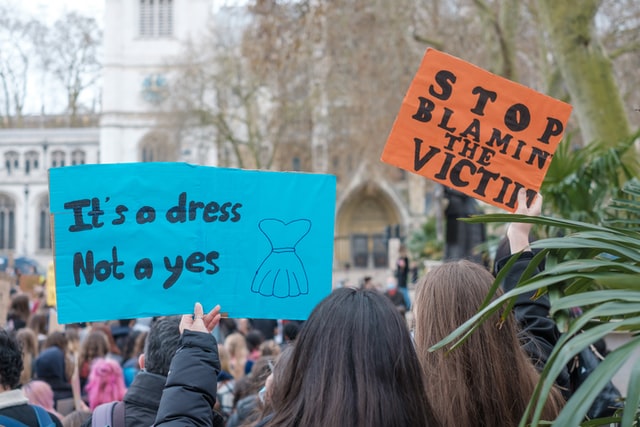By Eleni Papageorgiou,
Uganda is a country on the African continent and its population has struggled to stand on its own two feet and evolve. And the truth is that it still takes a long time to see this country change to a more “western” spirit. On December 20, 2013, for this reason, the Parliament passed the Anti-Pornography Bill, which was later ascended to the President on February 6, 2014, to provide the prohibition of pornography. This act defines the crime of pornography and at the same time establishes the Pornography Control Committee and prescribes its functions.
To fully understand the meaning of anti-pornography laws, we should first look closely at what pornography is and what it usually includes. The following aspects are globally accepted in the Western world mostly but maybe not in some underdeveloped or developing countries. Pornography usually means the presentation of women —or men in some cases— as sexual objects or things who enjoy humiliation or pain. Sometimes pornographic material includes rape, sexual assault, sexual submission, torture, humiliation, etc. Naked body parts are exhibited to attract a specific audience who enjoys such pictures.

Indicatively, some of their responsibilities are to take all necessary measures to ensure the early detection and prohibition of pornography, to ensure that the perpetrators of pornography are apprehended and prosecuted, to collect and destroy pornographic objects or materials. But even if these sound right and imperative, the truth is different.
Τhe problem began when the law not only did not protect women and girls but was misused and led to attacks against women because of their appearance and especially of wearing “provocative” clothes — also known as the mini-skirt law. The specific law was soon annulled by Uganda’s Constitutional Court. But before that, street protests took place in the capital, Kampala, after women dressed in short skirts were publicly harassed and assaulted.
Any activity that referred to pornography, such as lingerie photography and a love song’s lyrics, was considered prohibited. Somehow, the public outcry over women’s obscene clothing, such as miniskirts, led to serious complaints, like the one of Jemimah Kansiime. The Ugandan pop star faces up to ten years in jail because of showing up in a video clip in her underwear, although the long term of the case is unclear due to the new ruling.

“This has been a bitter struggle and we are grateful [that] those who believe in the rights of women have emerged victors”, says Lillian Drabo, one amongst the nine petitioners who challenged the law, told the AFP news agency.
Lately, especially after the developments in Afghanistan, it has become very difficult for women around the world to turn their back on such issues. Societies are evolving rapidly, and the same should be done with constitutional laws, which, on the contrary, remain strongly stagnant. Women’s rights are often taken for granted, if not inferior. This was also the case in Uganda, where a poorly made law led to a direct violation of human rights.
The government’s lead counsel Imelda Adong told AFP they were “studying the ruling” and would respond in due course. But this is not enough when talking about lives that can be stigmatized by acts of violence or wrongful convictions. We need changes not only in this case but in every law around the world that leaves room for “powerful” people to take advantage of situations. And we need them now.
References
- Al Jazeera, Uganda scraps controversial anti-pornography ‘miniskirt’ law, Available here
- BBC, Uganda anti-pornography law dropped after backlash, Available here
- Scribner, H., This country’s anti-pornography law was dropped. Here’s why, Deseret News, Available here




